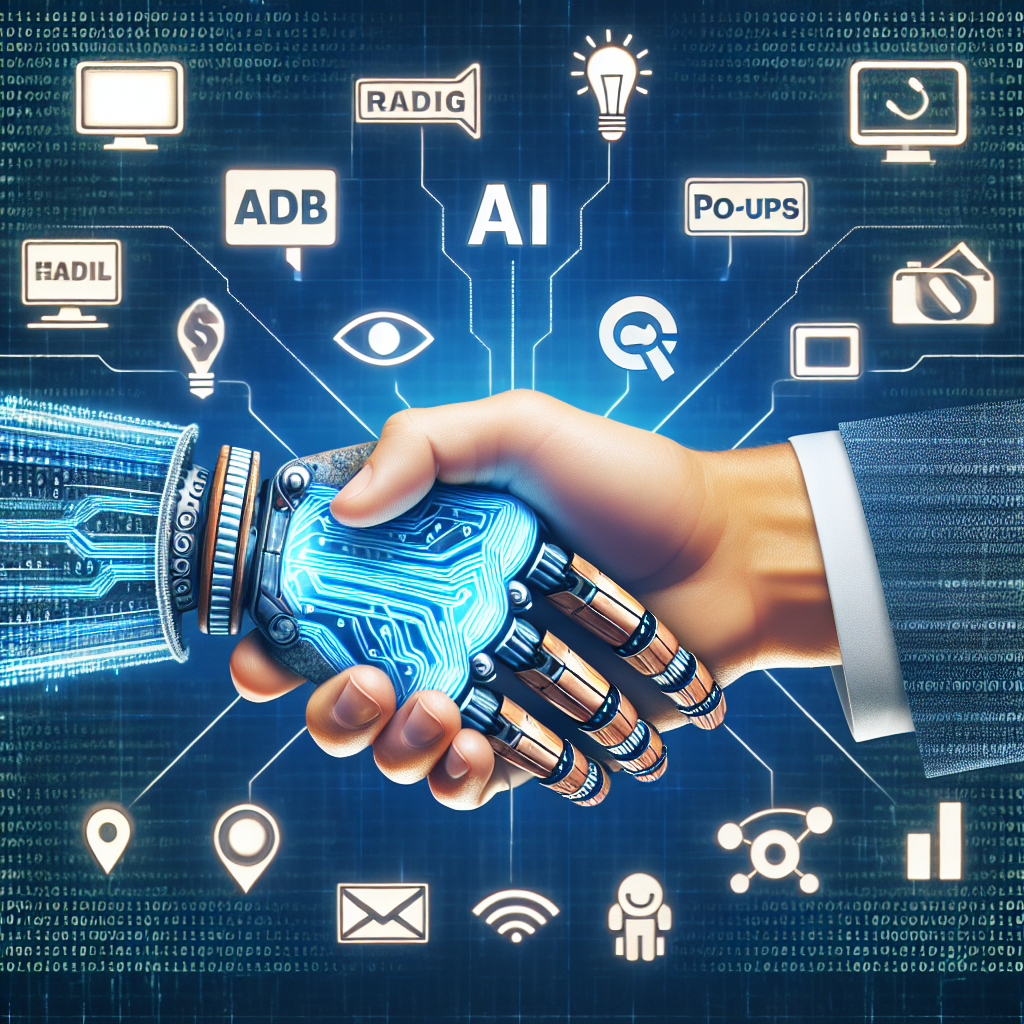Artificial intelligence (AI) has revolutionized the way companies approach advertising campaigns. By utilizing algorithms to analyze data and predict consumer behavior, AI has the ability to create highly targeted and personalized advertisements. This results in more effective campaigns that reach the right audience at the right time, ultimately driving higher conversion rates and return on investment.
AI algorithms are able to process vast amounts of data in real-time, allowing advertisers to make informed decisions quickly and efficiently. These algorithms can analyze consumer behavior, preferences, and demographics to create highly targeted advertisements that are more likely to resonate with the target audience. This level of personalization can lead to increased engagement and higher conversion rates.
One of the key ways in which AI is shaping advertising campaigns is through the use of machine learning algorithms. Machine learning algorithms are able to analyze data and learn from it over time, allowing advertisers to continuously optimize their campaigns based on real-time feedback. This level of automation and optimization is not possible with traditional advertising methods, making AI a game-changer in the industry.
Another way in which AI is shaping advertising campaigns is through the use of predictive analytics. Predictive analytics algorithms can forecast consumer behavior and trends, allowing advertisers to anticipate and adapt to changes in the market. This level of foresight can give companies a competitive edge and help them stay ahead of the curve in an increasingly fast-paced and dynamic industry.
AI is also revolutionizing the way companies measure the success of their advertising campaigns. Traditional metrics such as click-through rates and conversions are still important, but AI algorithms are able to provide more nuanced insights into consumer behavior and engagement. By analyzing data on a granular level, advertisers can gain a deeper understanding of what resonates with their audience and adjust their campaigns accordingly.
In addition to creating more effective and personalized advertisements, AI is also helping advertisers streamline their processes and reduce costs. By automating tasks such as ad placement and optimization, AI algorithms can free up time and resources for advertisers to focus on more strategic initiatives. This level of efficiency can lead to significant cost savings and improved overall performance.
Despite the many benefits of AI in advertising, there are also some challenges and concerns to consider. One of the main concerns is privacy and data security. As AI algorithms collect and analyze vast amounts of data, there is a risk that sensitive information could be compromised. Advertisers must be mindful of data privacy regulations and take steps to ensure that consumer data is protected.
Another challenge is the potential for bias in AI algorithms. If not programmed correctly, AI algorithms can inadvertently perpetuate stereotypes and discrimination. Advertisers must be vigilant in monitoring and addressing bias in their algorithms to ensure that their campaigns are inclusive and respectful of all consumers.
Overall, AI is reshaping the advertising industry in profound ways. By leveraging algorithms to analyze data, predict consumer behavior, and optimize campaigns, advertisers can create more targeted and effective advertisements that drive higher engagement and conversion rates. While there are challenges to overcome, the benefits of AI in advertising are clear, and companies that embrace this technology are poised to succeed in an increasingly competitive marketplace.
FAQs:
Q: How does AI impact the creative aspect of advertising campaigns?
A: AI can help advertisers analyze data on consumer preferences and behavior to inform the creative direction of their campaigns. By understanding what resonates with their audience, advertisers can create more relevant and engaging advertisements.
Q: Can AI replace human creativity in advertising?
A: While AI can help inform the creative process, human creativity is still essential in advertising. AI can assist with data analysis and optimization, but human intuition and ingenuity are needed to create truly impactful and memorable campaigns.
Q: How can advertisers ensure that their AI algorithms are unbiased?
A: Advertisers must be proactive in monitoring and addressing bias in their AI algorithms. This includes regularly auditing algorithms for bias, diversifying datasets, and involving diverse perspectives in the development process.
Q: What are some examples of successful AI-powered advertising campaigns?
A: Companies like Netflix, Amazon, and Spotify have leveraged AI algorithms to create highly personalized and targeted advertising campaigns. These campaigns have led to increased engagement and conversion rates, showcasing the power of AI in advertising.

